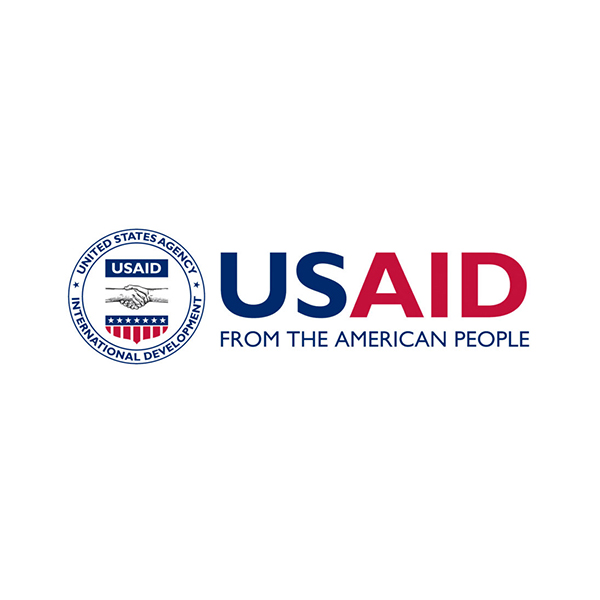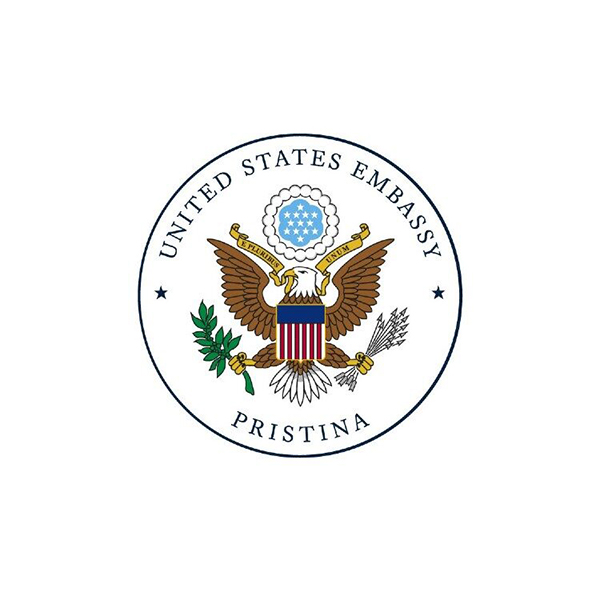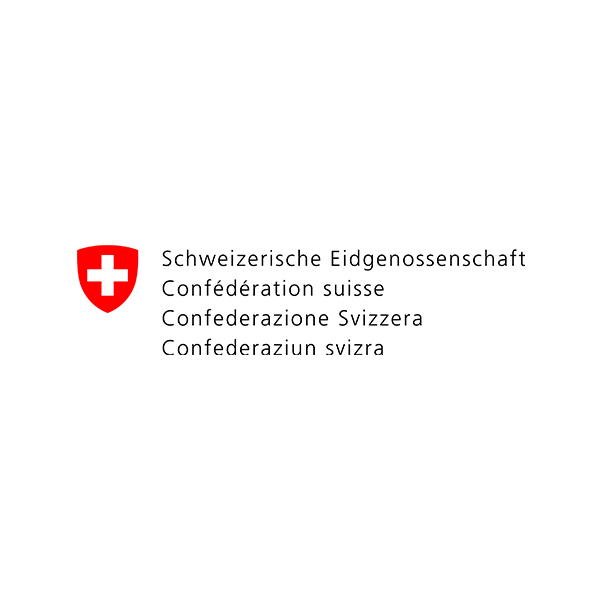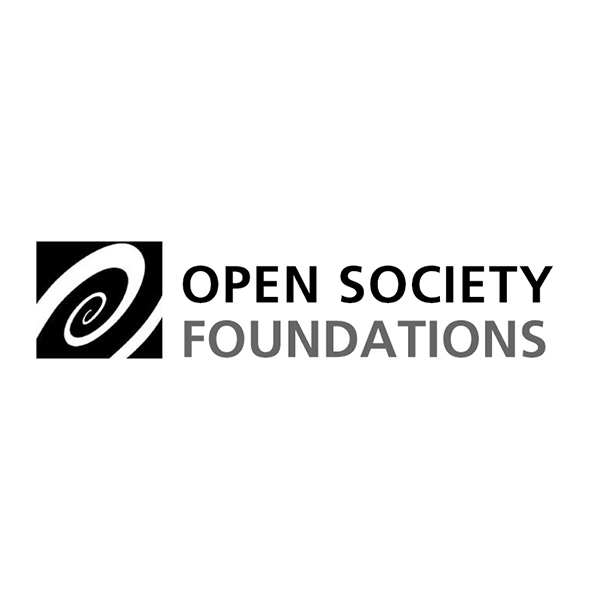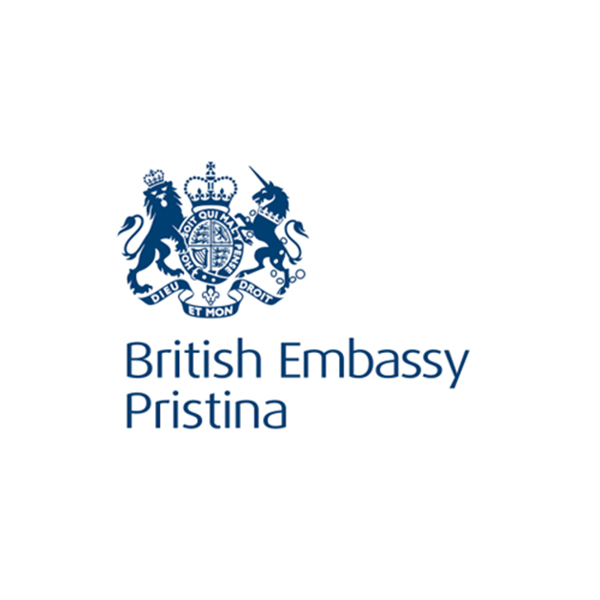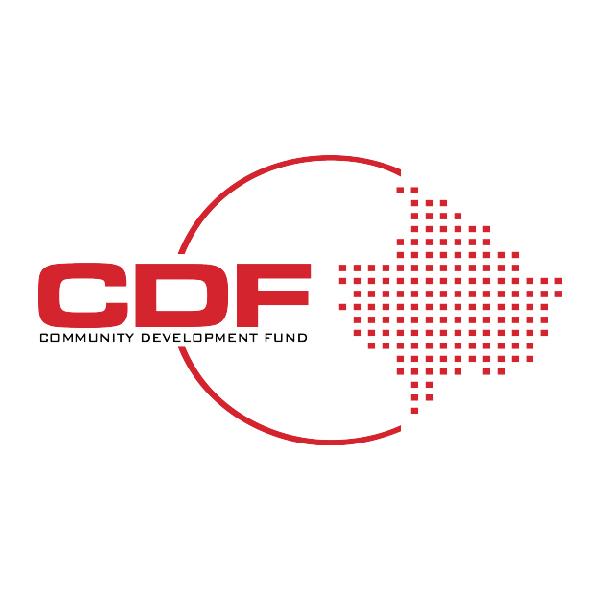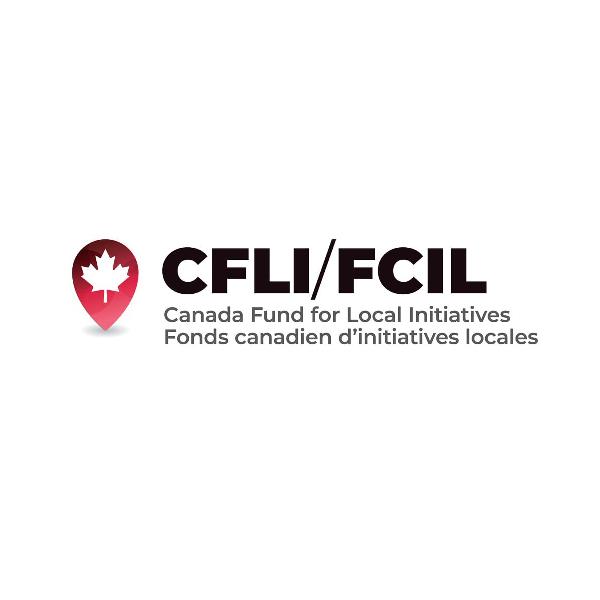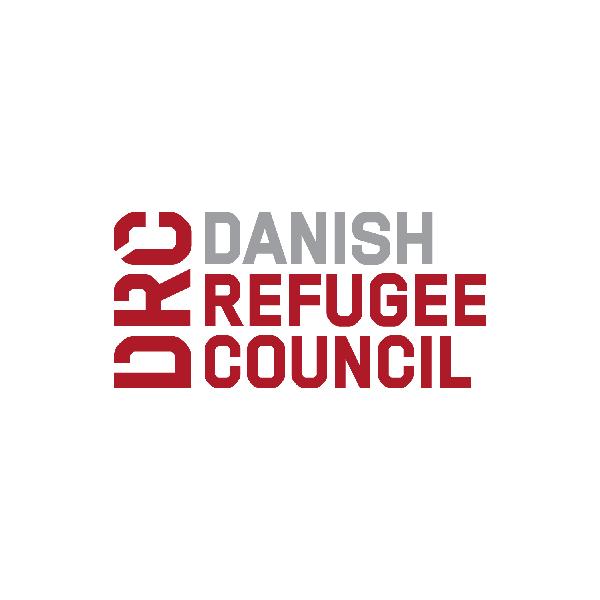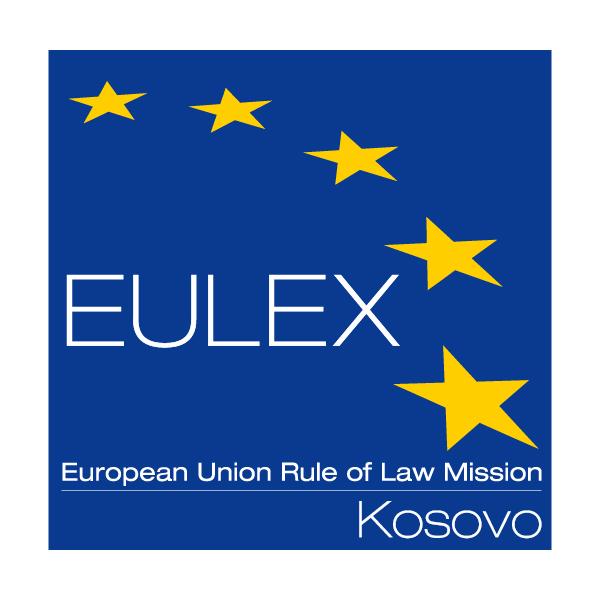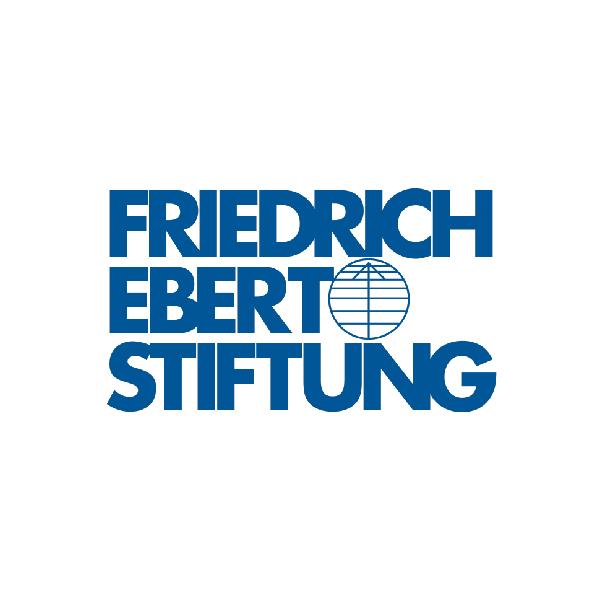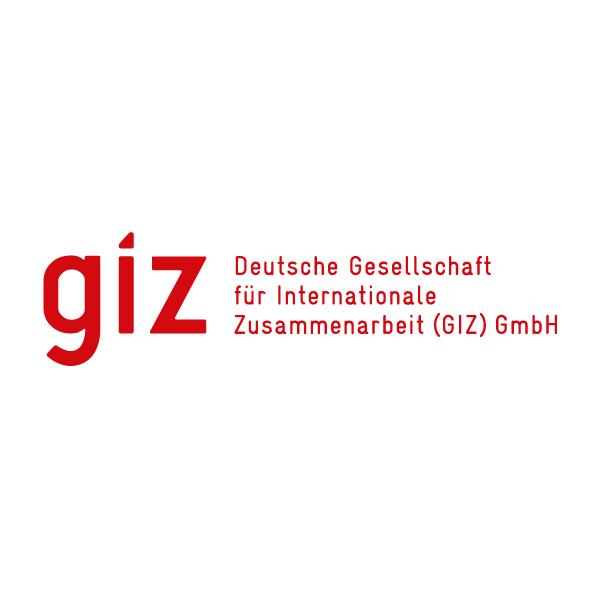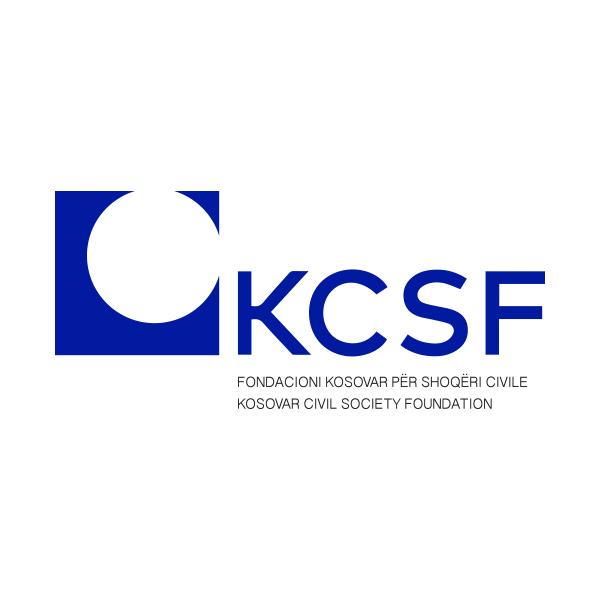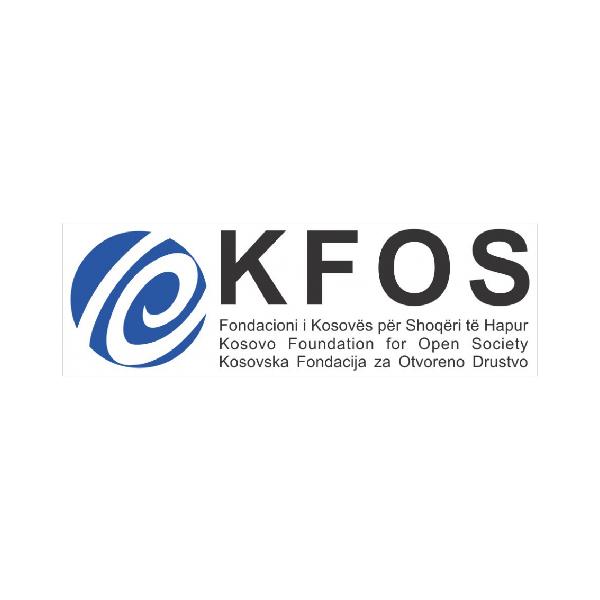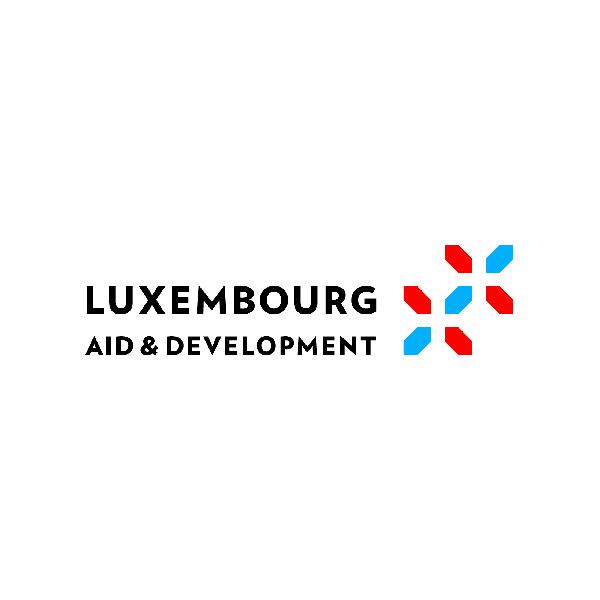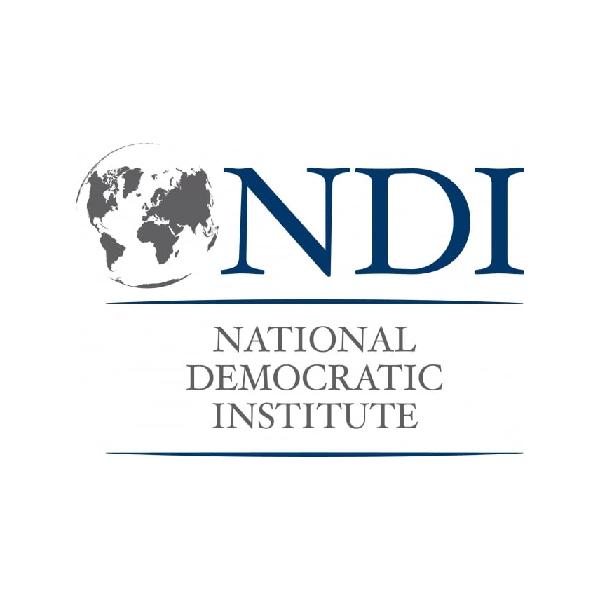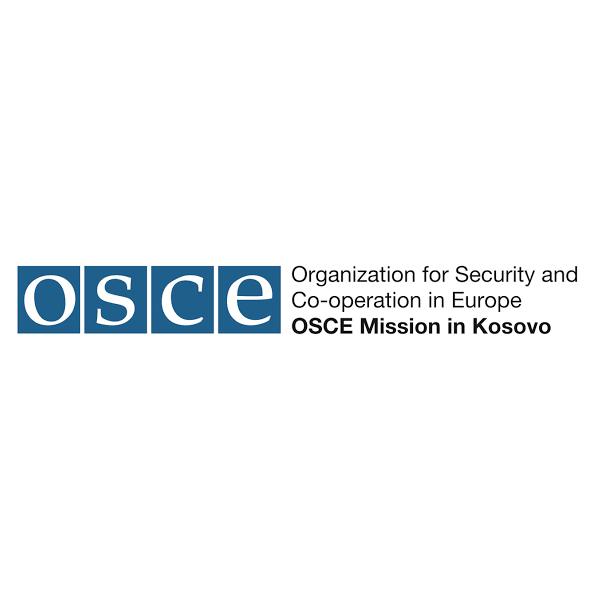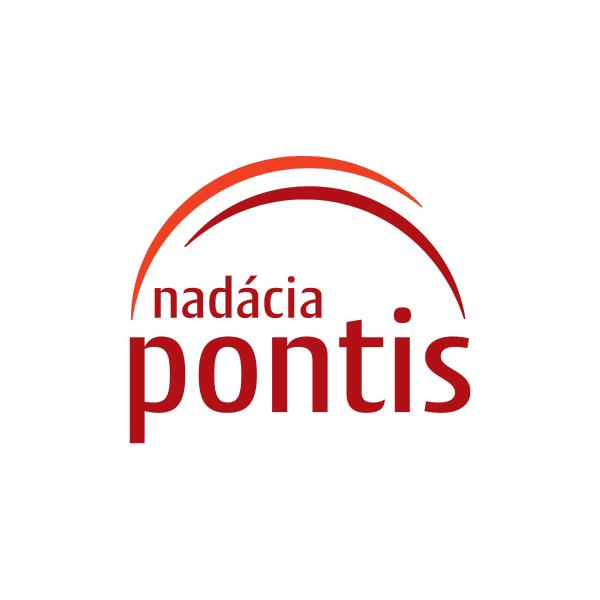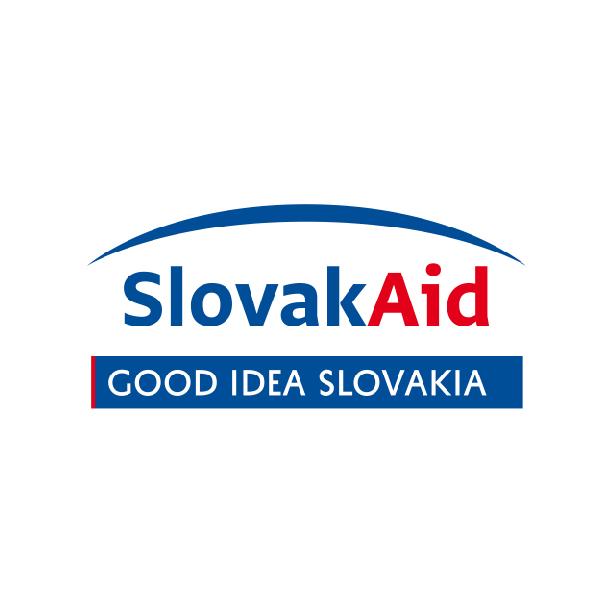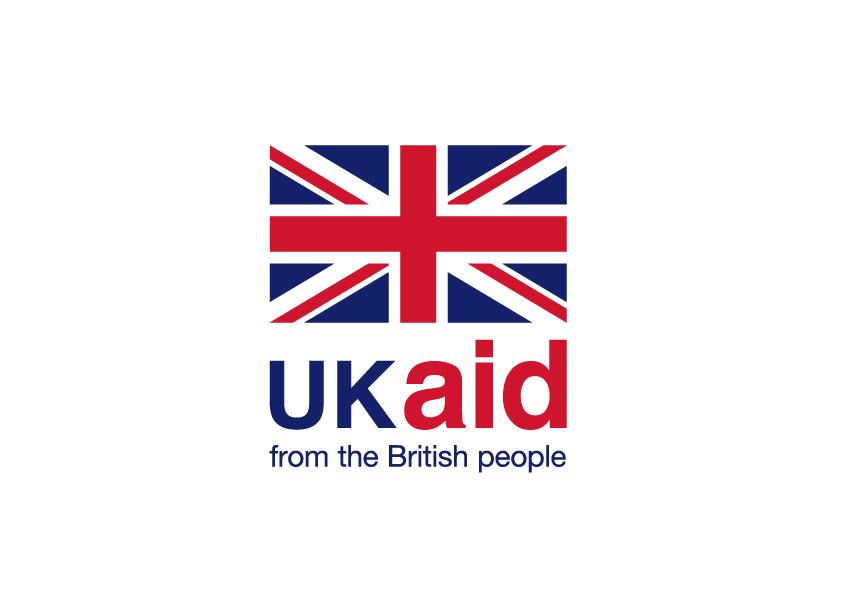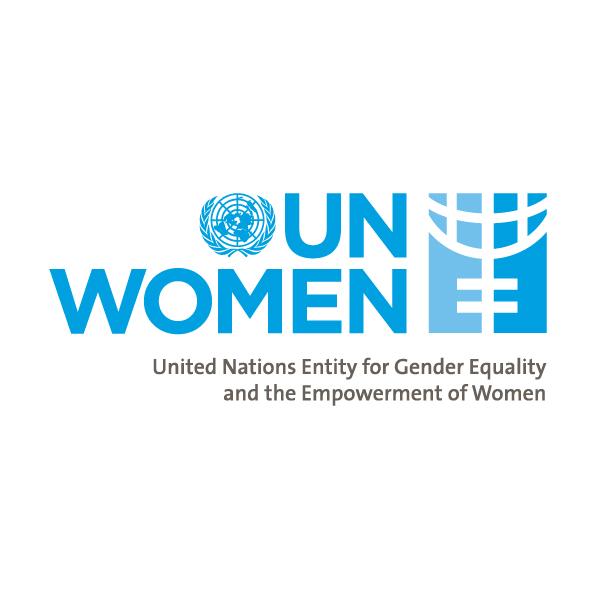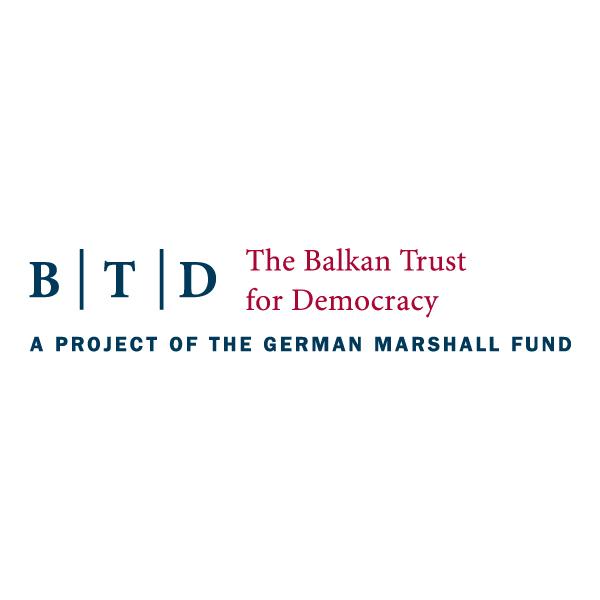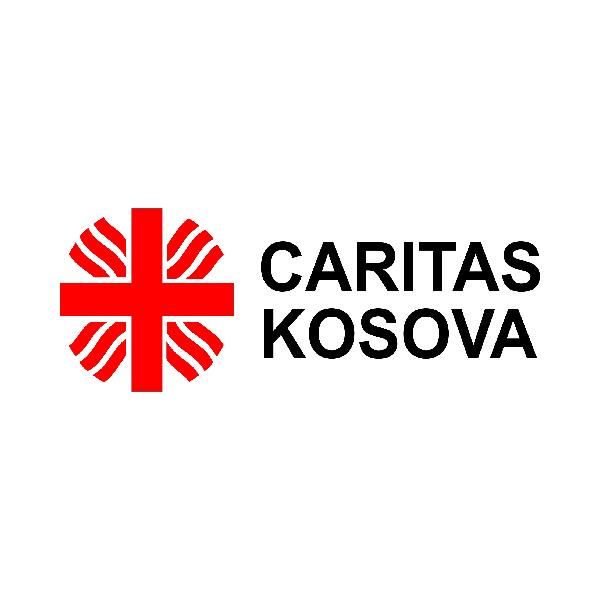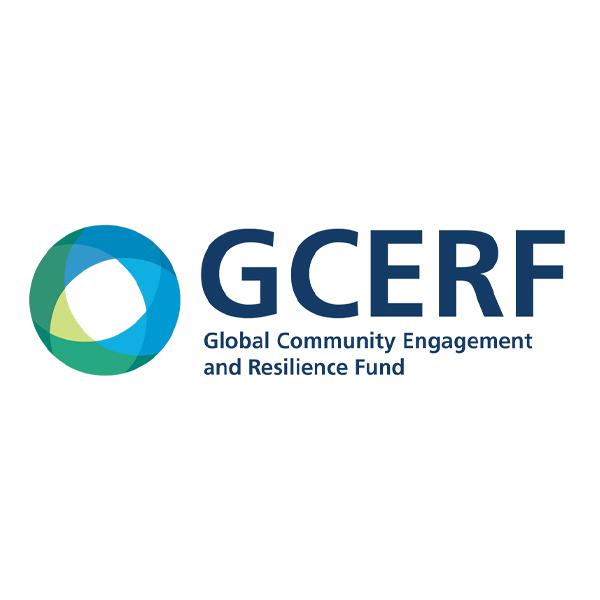Reporting period: May 2024.
Methodology
NGO Aktiv gathered information about possible cases of hate speech and human rights violations by monitoring media reports in Serbian and Albanian, as well as through direct interviews with local residents of four northern municipalities who reported human rights violations. The report relies on universally accepted terminology and definitions of human rights, as incorporated in the Universal Declaration of Human Rights (UDHR) and other relevant UN conventions and documents, the European Convention for the Protection of Human Rights and Fundamental Freedoms, as well as the applicable legislation of Kosovo regarding human rights and protection against discrimination, including hate speech.
General report on the situation of human rights in May 2024
The reporting period was marked by the creation and implementation of a new mechanism for acquiring driving licenses issued by Kosovo institutions, with notable issues in the process where old driving licenses issued by Serbian institutions were invalidated by physically puncturing them. Additionally, the period saw the prohibition of the SPC patriarch from entering Kosovo, the closure of offices of “Poštanska Štedionica” in four municipalities, and the closure of the treasury in Mitrovica. Govermant of Kosovo
Kurti’s proof
On the 7th of May, Prime Minister Albin Kurti published some statistics on his account on the platform X. In this tweet, Kurti argued that since 2022, there have been only three acts of violence toward Serbs with fatal consequences and that the perpetrators of these acts are Serbs, either local or foreigners can understand that Belgrade’s propaganda is disconnected from reality Kurti says. While Prime Minister Kurti might be correct in his statement, this is not the whole story. The quality of life is not measured solely by the number of killings and even less by the ethnicity of the perpetrators. Since Kurti took office, Serbian people have experienced one of the worst times in their lives, with 2023 being particularly representative of their struggles. Not all of these troubles can be attributed to Kurti, Kosovo, or Serbia, but it is symptomatic that many issues arose because political gain was prioritized over the well-being of Serbs. Some examples include the constant presence of special police in northern Kosovo, pressures to stall and abolish visa liberalization for CO passports, the banning of Serbian produce, illegal expropriations, and other actions, many of which have been mentioned in past reports. The biggest problem with this is not the subjective presentation of the data but the notion given to people that Serbs’ only problem is other Serbs. This is dangerous because it paints a false image and falsely absurdities the arguments of the Serbian community in Kosovo. This has been circulated in media and an other social media speeding false narrative that threatens to undermine security and well being of citizens in Kosovo.
Driving licenses
In May, a new mechanism was introduced allowing people with driving licenses issued by Serbian institutions to obtain driving licenses from Kosovo institutions. Since this process began, around 500 people have made this request. However, during the process of acquiring the new document, the Serbian-issued licenses were invalidated, a step that was not mentioned in the original document permitting this transaction. This invalidation is carried out by perforating the Serbian-issued document when applying for the Kosovo document. This has raised many questions about the legality of destroying a document issued by another institution, as well as issues surrounding the recognition of the document by Serbia. As a result, people now have to re-apply for the same valid papers and travel to Serbia to obtain them, putting additional financial pressure on those already strained, especially after the closure of banks operating in dinars.
Prohibition of Patriarchs visit to Kosovo
On the 13th of May, the patriarch of the Serbian Orthodox Church was denied entry to Kosovo, sparking an avalanche of comments from representatives of the Quint, the EU, and the SPC. These comments have been critical of the decision, arguing that it violates previously signed agreements and the Ahtisaari Plan. Additionally, this decision infringes on the religious rights guaranteed to believers by the Universal Declaration of Human Rights and many other documents.
Media conference but no translation
On the 14th of May, a conference was held at the main police station in North Mitrovica without any translation provided to Serbian. This conference, called by the Minister of Internal Affairs, failed to include translation, which is a serious breach of language rights guaranteed by the Kosovo constitution. Only after pressure from journalists did the Minister respond in Serbian to their questions.
Land Expropriation
The Kosovo government has made a final decision to expropriate several properties in the municipalities of Leposavić and Zubin Potok, as well as land from the former military camp Casablanca in Suva Reka. The specific properties and their owners have not been detailed.
Part of the expropriation process is under legal dispute, awaiting a decision from the Court of Appeals after the Basic Court ruled that the expropriation in the North was illegal. The Kosovo government claims that the final decision aligns with “final court judgments of the Republic of Kosovo.”
However, legal expert Dragutin Nenezić, and an attorney for the affected party in the initial proceedings, lack information on the court outcome. He pointed out that this decision also lacks details on the specific expropriated parcels.


